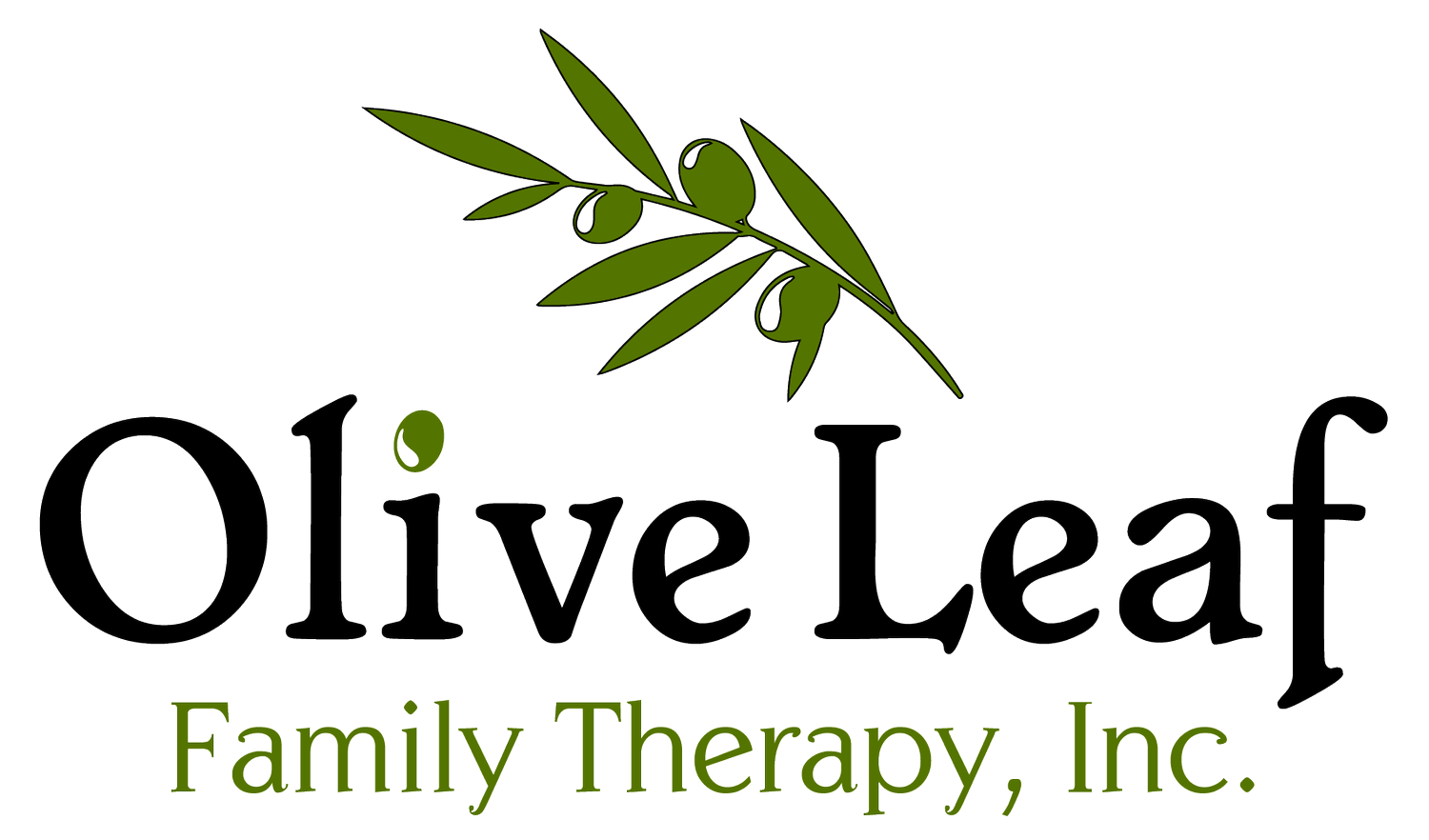What's That Condition?: Obsessive-Compulsive Disorder
Obsessive-Compulsive Disorder, or OCD, is a mental health condition where people have repetitive intrusive thoughts, images, or impulses. People with OCD may perform certain rituals or behaviors to relieve the anxiety caused by these thoughts. This can interfere with their daily life in significant ways.
With an estimated 1 in 100 adults and 1 in 200 children/teens living with OCD according to the International OCD Foundation, we felt it was important to provide some much-needed information about what OCD is, how it presents itself, potential causes, and treatment methods.
What is it and how does it commonly manifest?
Once classified as an anxiety disorder, OCD, is a mental health condition in which a person has intrusive or unwanted thoughts and repetitive behaviors. Some of the most common manifestations of OCD include the need for symmetry or order, fear of contamination, fear of making mistakes, and intrusive thoughts about harming oneself or others. The signs may appear gradually, but if left untreated, they can last a long time.
People who live with obsessive compulsions often have extremely disruptive behaviors that take up a lot of time. These thoughts and actions can repeat many times, causing the person a great deal of distress. In some cases, OCD can interfere with a person's ability to work or even take care of their basic needs.
How is it diagnosed?
Not every habit or behavior is classified as a compulsion. In fact, it's crucial to understand the difference. For example, everyone has recurring thoughts occasionally, and some people feel the need to check things twice. That doesn't necessarily mean they have OCD. To be diagnosed with OCD, one must have an experience characterized by the following:
There is the presence of obsessions, compulsions, or both:
Obsessions are recurrent and persistent thoughts that are unwanted and that cause anxiety or distress.
Compulsions are clearly excessive, repetitive behaviors or mental acts that the individual feels driven to perform either in response to an obsession or in an aim to reduce anxiety or distress.
The disturbance is not better explained by the symptoms of another mental disorder (e.g., excessive worries, as in generalized anxiety disorder; preoccupation with appearance, as in body dysmorphic disorder, etc.)
Because of these thoughts and behaviors, they are having substantial difficulties and disruptions in their everyday life
Obsessions or compulsions are time-consuming (e.g., take more than 1 hour per day)
The obsessive-compulsive symptoms are not attributable to the physiological effects of a substance or other medical condition.
While OCD generally begins during late adolescence or early adulthood, it can also occur in younger children and teenagers. Unfortunately, kids and teens often attempt to conceal their symptoms from adults, resulting in the condition remaining undiagnosed for longer periods of time.
Possible causes of OCD
The precise cause of OCD is not currently known, but it's hypothesized that it results from a combination of genetic and environmental influences. Some possible causes include:
1. Genetics: OCD may be hereditary, as it often runs in families. In fact, according to this study, you are 25% more likely to get it if a family member had it.
2. Mental health disorders: OCD can be a symptom of other mental health disorders such as depression, anxiety, or bipolar disorder.
3. Past traumatic experiences: Childhood abuse or neglect, or a traumatic event in adulthood can trigger symptoms.
The Forms of OCD
There are no specific subcategories of OCD, but individuals with the disorder may experience a range of thought and behavior responses when confronted with situations that trigger their obsessions and compulsions. Some of the most common forms include:
The need for cleanliness or lack of contamination
Compulsions for order, neatness, or tidiness of varying degrees
Treatment options for OCD
Depending on the intensity of OCD and the individual's personal preferences, there are a plethora of methods to choose from to commence treatment. Some general treatments involve therapy, medication, and self-care. Some effective therapies for this disorder include cognitive-behavioral therapy (CBT), exposure and response prevention (ERP), and mindfulness-based therapy. Once an individual begins meeting with a therapist, they will together devise a plan that is unique to them specifically.
To help alleviate the unwanted effects of OCD, a medical professional may write a prescription for antidepressants, antipsychotics, or anticonvulsants. However, it's crucial to communicate with a psychiatrist or general practitioner to identify which medication(s) work best for you as an individual.
Moreover, self-care plays an integral role in overcoming OCD. This could involve making time for enough restful sleep every night, moderate regular physical activity, and eating healthy foods regularly throughout the day. Additionally, evidence-based relaxation techniques and stress management skills can also contribute to successfully dealing with the symptoms of OCD.
How to manage your OCD
Though it is hard to live with OCD, there are ways to make it more manageable. Here are a few tips:
Seek professional help from a mental health therapist or counselor
Attend a support group for people with OCD
Educate yourself about OCD and its symptoms
Follow your mental health treatment plan closely
Recognize that OCD is a mental health condition
Be patient and positive – recovery from OCD takes time
OCD is a mental health disorder that can be debilitating. It's frequently misunderstood, and people with OCD sometimes feel alone because of it. If you or somebody you know has OCD, please get assistance from a trained professional. There's no shame in admitting you need help and getting treatment for your mental health issue; in fact, it requires bravery to face up to your condition.
Our team at Olive Leaf Family Therapy is passionate about helping those with mental health conditions get the help they need to live more fulfilling lives. We hope you found this article helpful and informative, but if you have any questions about your mental health, please contact us today.

